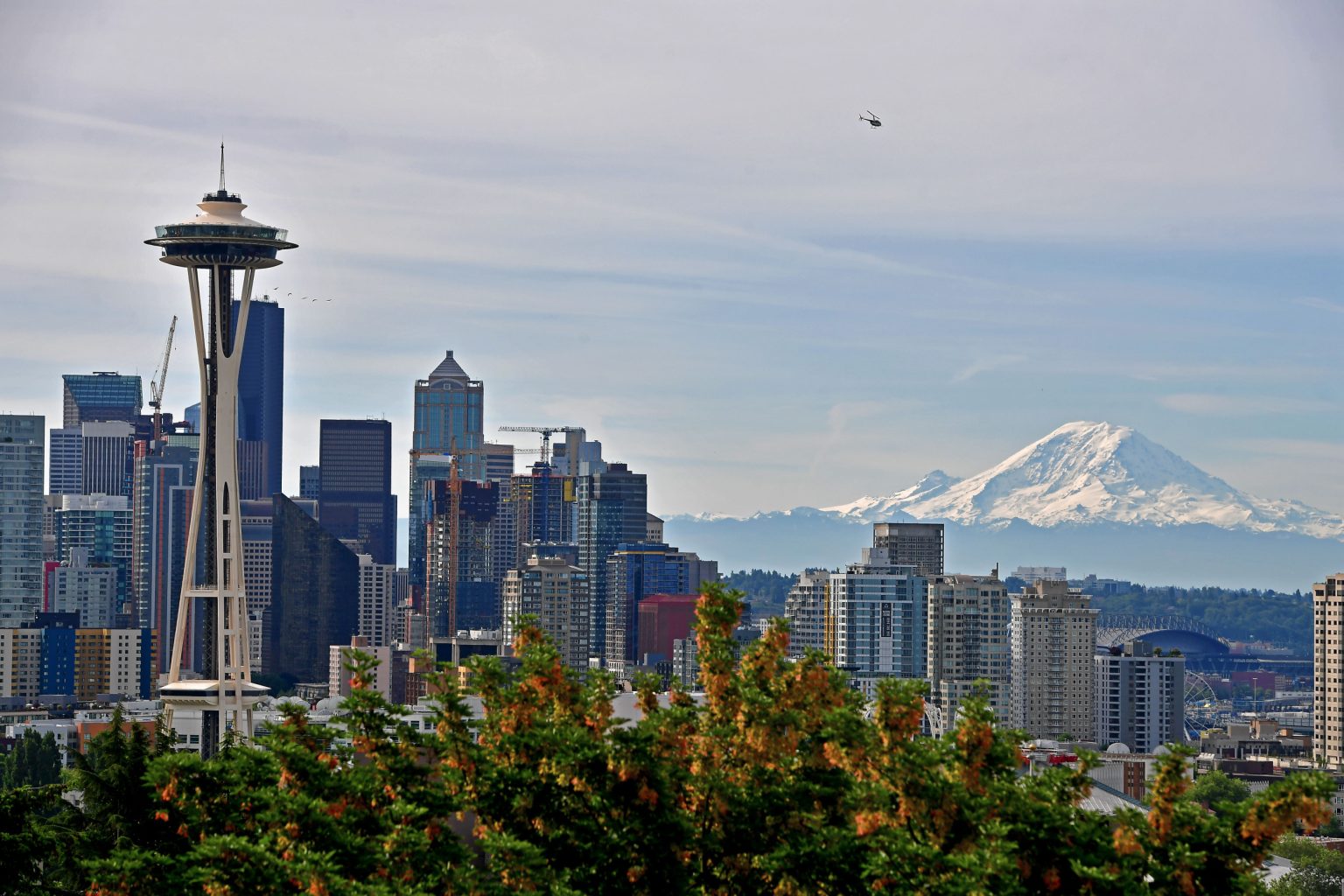The closure of the Bebop Waffle Shop, a beloved café in West Seattle, just days after the implementation of Seattle’s new minimum wage of $20.76 per hour, highlights the challenges small businesses are facing as the city enforces one of the highest minimum wage laws in the nation. The new policy eliminates tiered wages and tip credits, creating uniform pay requirements for all employers, which has triggered arguments between business owners and advocates for income equality about how to balance fair wages with the financial realities of running small businesses.
Under the previous wage system in Seattle, smaller businesses could pay as low as $17.25 per hour if tips or medical benefits brought total compensation to $20.28. The new law sets a flat minimum wage of $20.76 for all employers, regardless of size or benefits offered. For small-business owners like Corina Luckenbach, owner of the Bebop Waffle Shop, the increased costs were insurmountable due to inflation-driven food costs, decreased foot traffic, and the burden of the wage hike, amounting to an additional $32,000 per year.
The Washington Hospitality Association predicts that restaurant closures in Seattle will rise by 5 to 8 percent this year due to higher labor costs. Anthony Anton, president and CEO of the association, labeled the new law as unsustainable for businesses. However, others believe the impact on businesses will be more moderate, as the wage increase had been scheduled since the fall. Worker advocates argue that the increase is vital for economic justice, helping workers and families cope with the rising costs of living.
With the new minimum wage of $20.76 per hour in place, Seattle now boasts the highest minimum wage among major cities in the U.S. But it falls short of Burien, which leads the state with a minimum wage of $21.16 per hour. Tukwila, Renton, and certain unincorporated areas of King County also have high minimum wage rates. The debate over the new minimum wage has sparked a variety of opinions, with some highlighting the impact on unique small businesses in Seattle, while others see it as a necessary step toward economic justice.
Moving forward, businesses in Seattle, particularly restaurants, must adjust their business models to remain competitive. Innovations like self-service kiosks and digital menus are becoming more common, while hybrid restaurant models that blend fine dining with fast-casual experiences are on the rise. Washington Hospitality Association’s Anton envisions a shift in the economic landscape by 2025, with new ideas and models emerging to adapt to the increased minimum wage and changing business environment.


